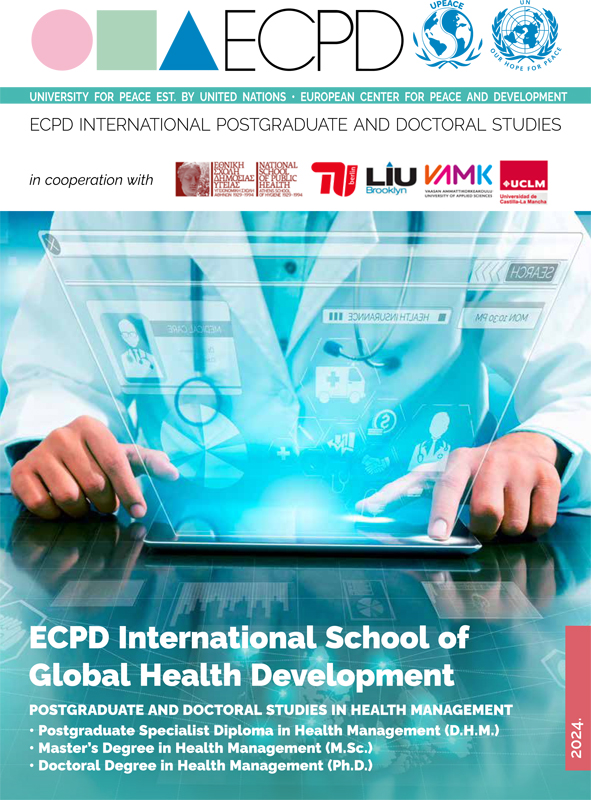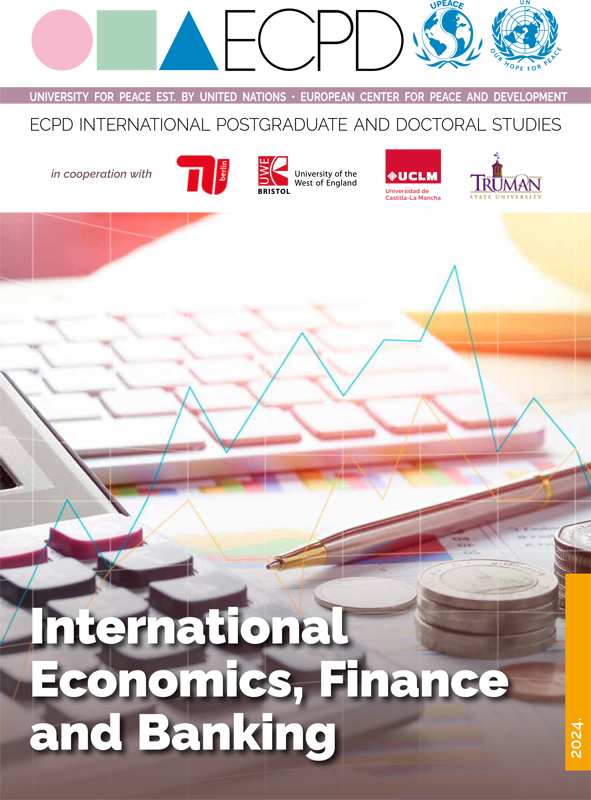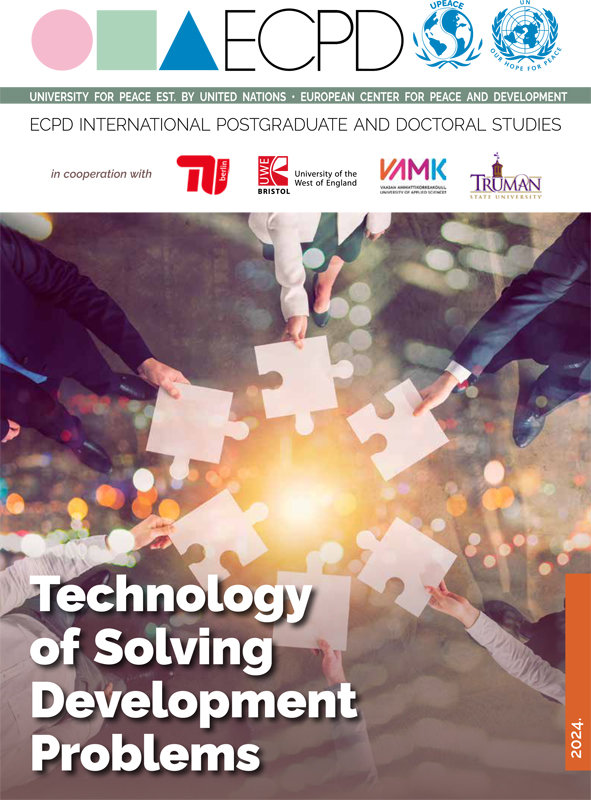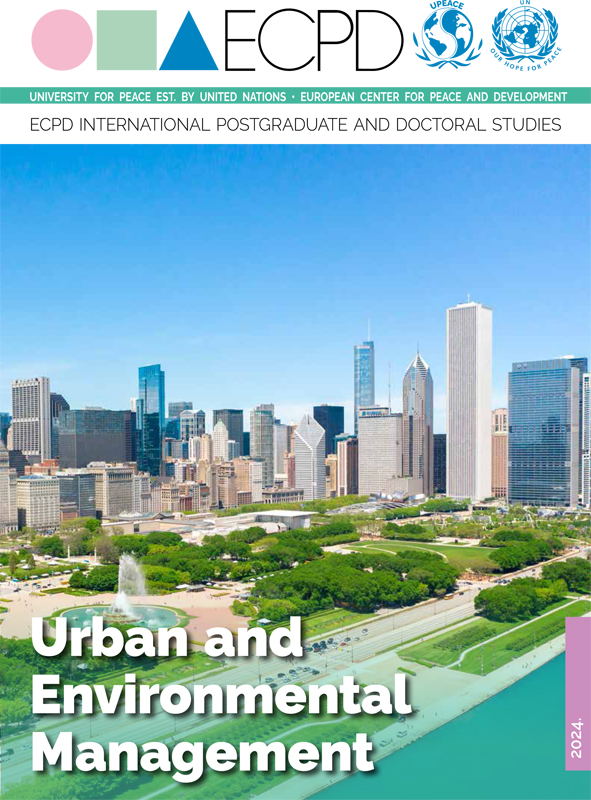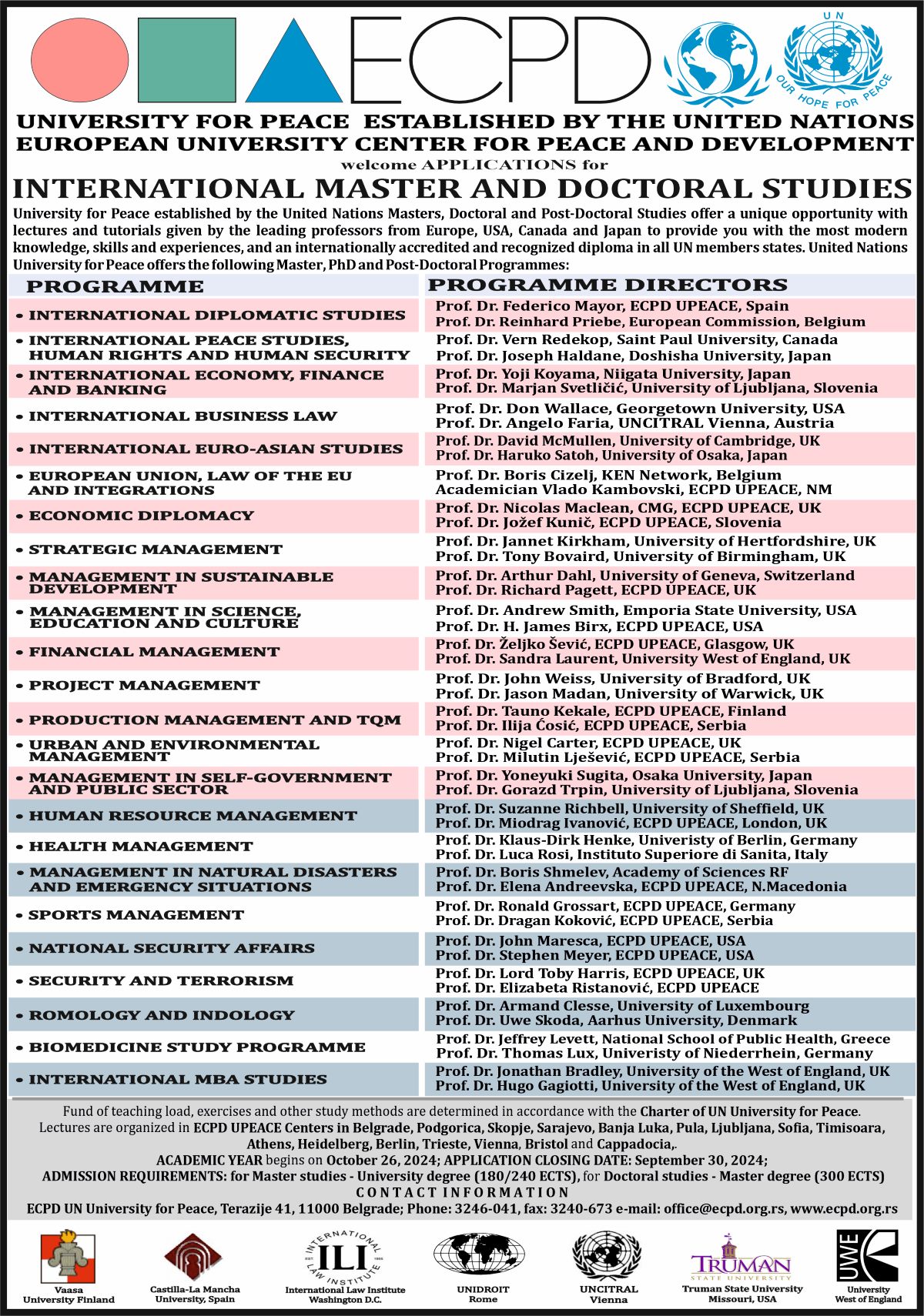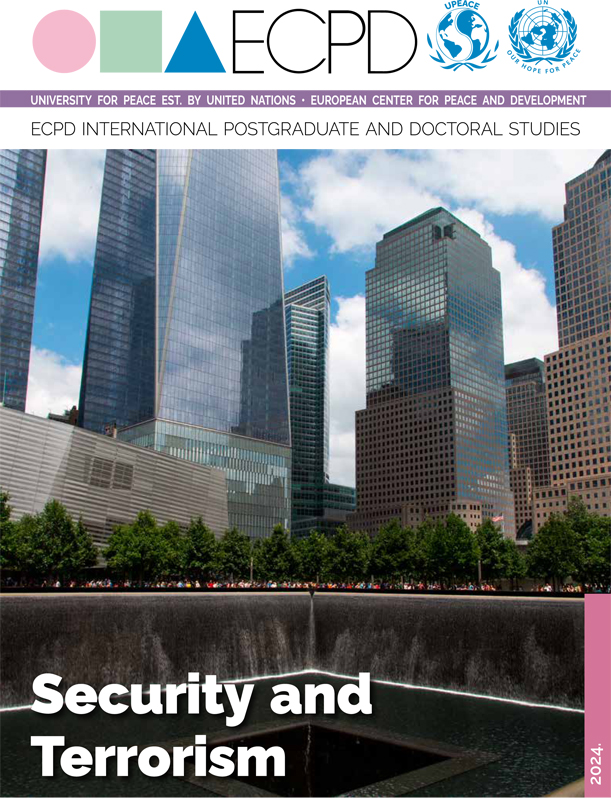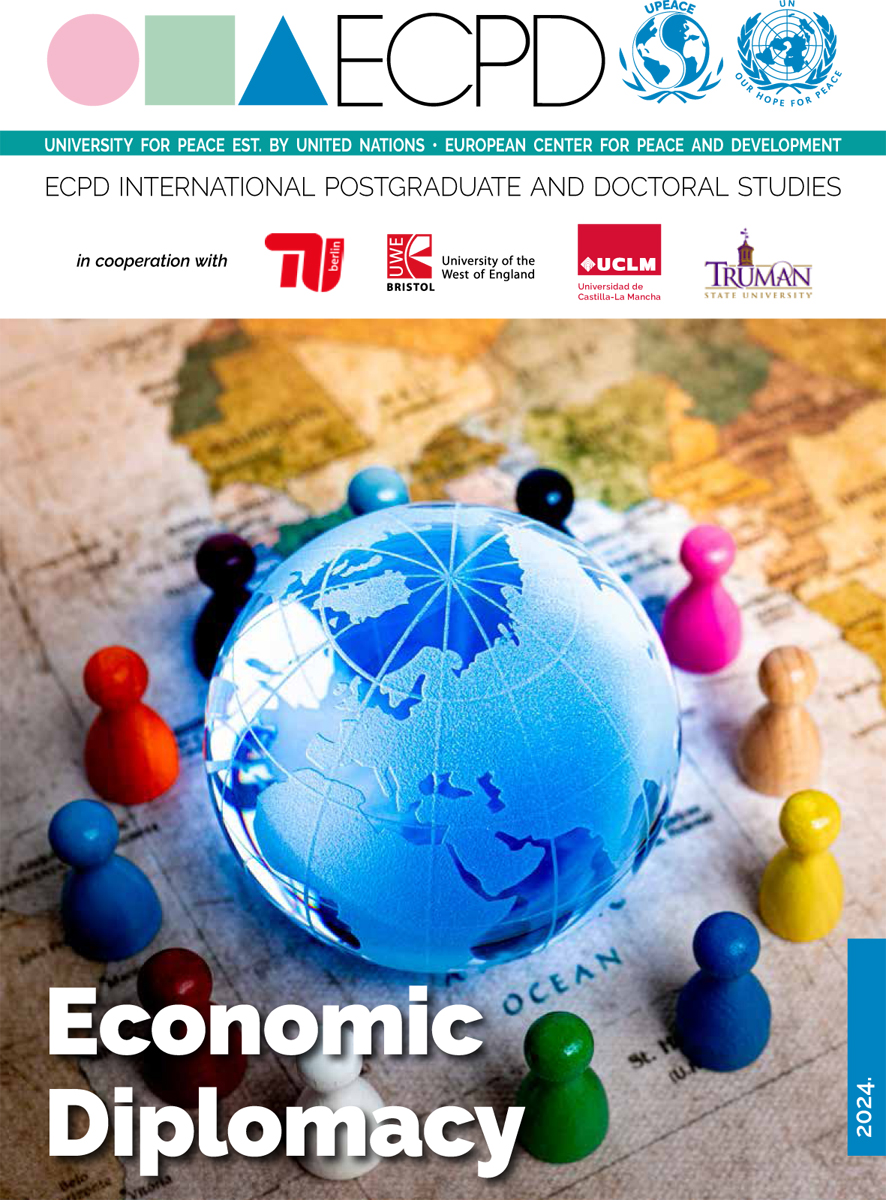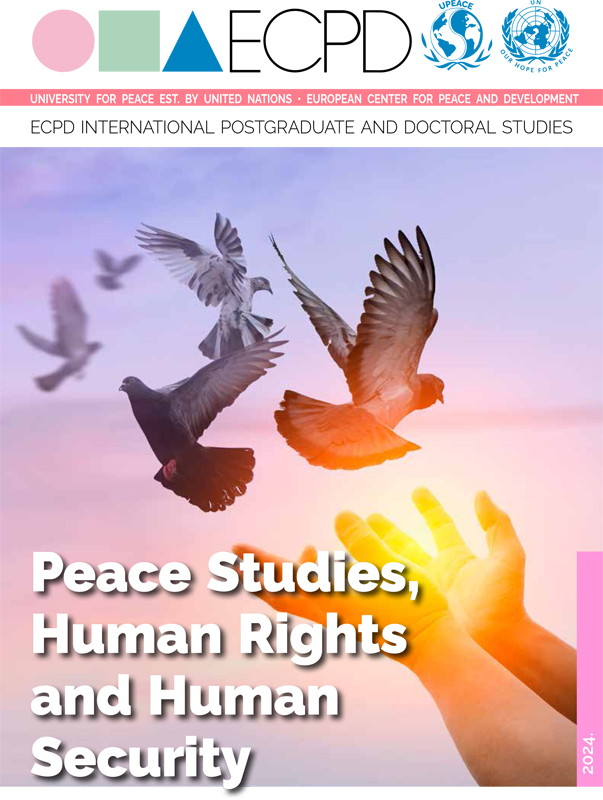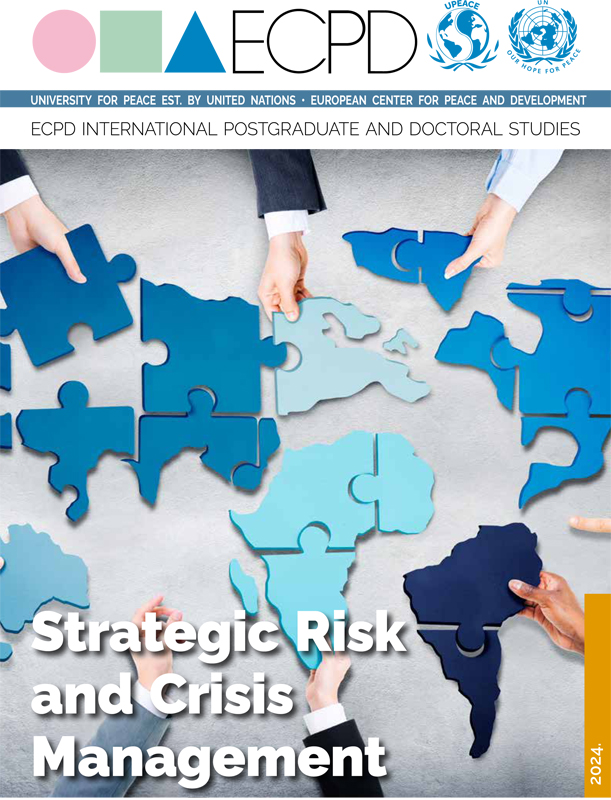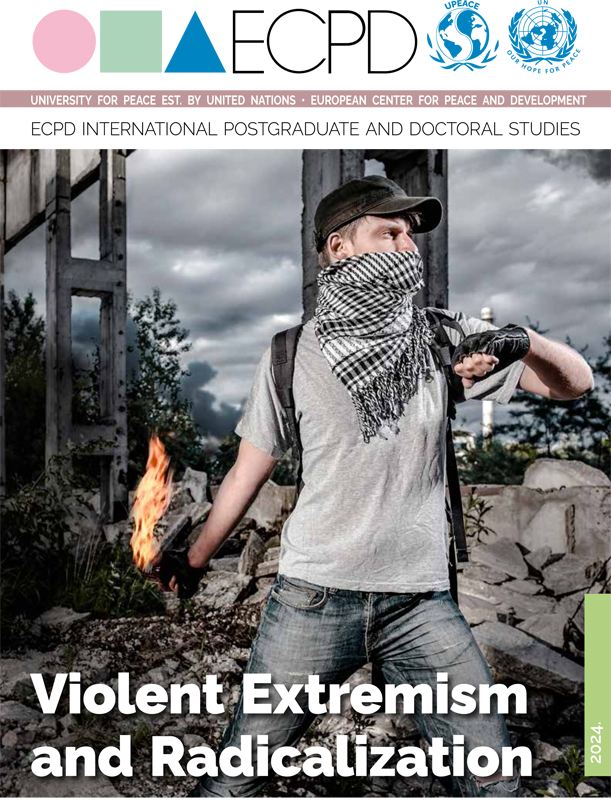Commissioner: Ministry of Development, Science and Environment of the Government of the FR of Yugoslavia, Belgrade
Project Director: Prof. Dr.sci Dragoslav Avramović
Project Council: Dragoslav Avramović, Shinichi Ichimura, Mircea Malitza, Tričković Vidosav, Vendy Jacque
The sanctions against the FR of Yugoslavia (FRY) were introduced by the UN Security Council (SC) resolutions 713 (1991), 787 (1992) and 820 (1993). The reason for their adoption was the conviction of the SC members that FRY failed to observe SC requests to stop its military engagement in Bosnia and Herzegovina (BiH) conflict, which was regarded by all SC members as a 'threat to international peace'. There were some disputed among the authors and independent observers whether the reason and the method of their implementation were legally and humanly justified.
However, regardless of divided opinions on the passing and implementation of the sanctions, there was unanimity that they most severely hit innocent citizens (especially the old, sick and children) who should not be regarded as responsible for the policy of their government. The measures of the total embargo on science and culture, economic and social development, demographic movement and other determinants of development of a society were more counter-productive than contributively to the achievement of a desired goal confirmed the authors. They at the same time caused great damage to the economies of neighbouring countries particularly thought increasing 'black market', drug trafficking and organized crime.
Countered by intensive internal propaganda launched through electronic and press media, the sanctions practically contributed to strengthening nationalistic feelings not only among politicians but among peoples as well; they deepened animosity of the peoples against initiators and executers of them. They, countered by thoughtfully organized propaganda, made rich richer and more inflation, while poor poorer and weaker in trying to make a modern society.
The sanctions, as the rule, benefited to the political elite and those who advocated it, making them richer and more inflation, while the base of the population was seriously detoriated. As far as the base of the population was concerned, the authors concluded that they 'had an adverse effect on natural population movement and, due to increased mortality, coupled with decreased birth rate, endangered the biological integrity of the population'. This should be added that intensified migration especially young and educated people seriously endangered demographic growth, economic and technological development of the targeted country.
The Project was completed and delivered to the commissioner in December 1996. In 1997 it was published as a separate book, in Serbian with SUMMARY in English. The ECPD elaborated also a sub-study 'The Impact of Sanctions upon the Economy and Society of the Republic of Montenegro.
















